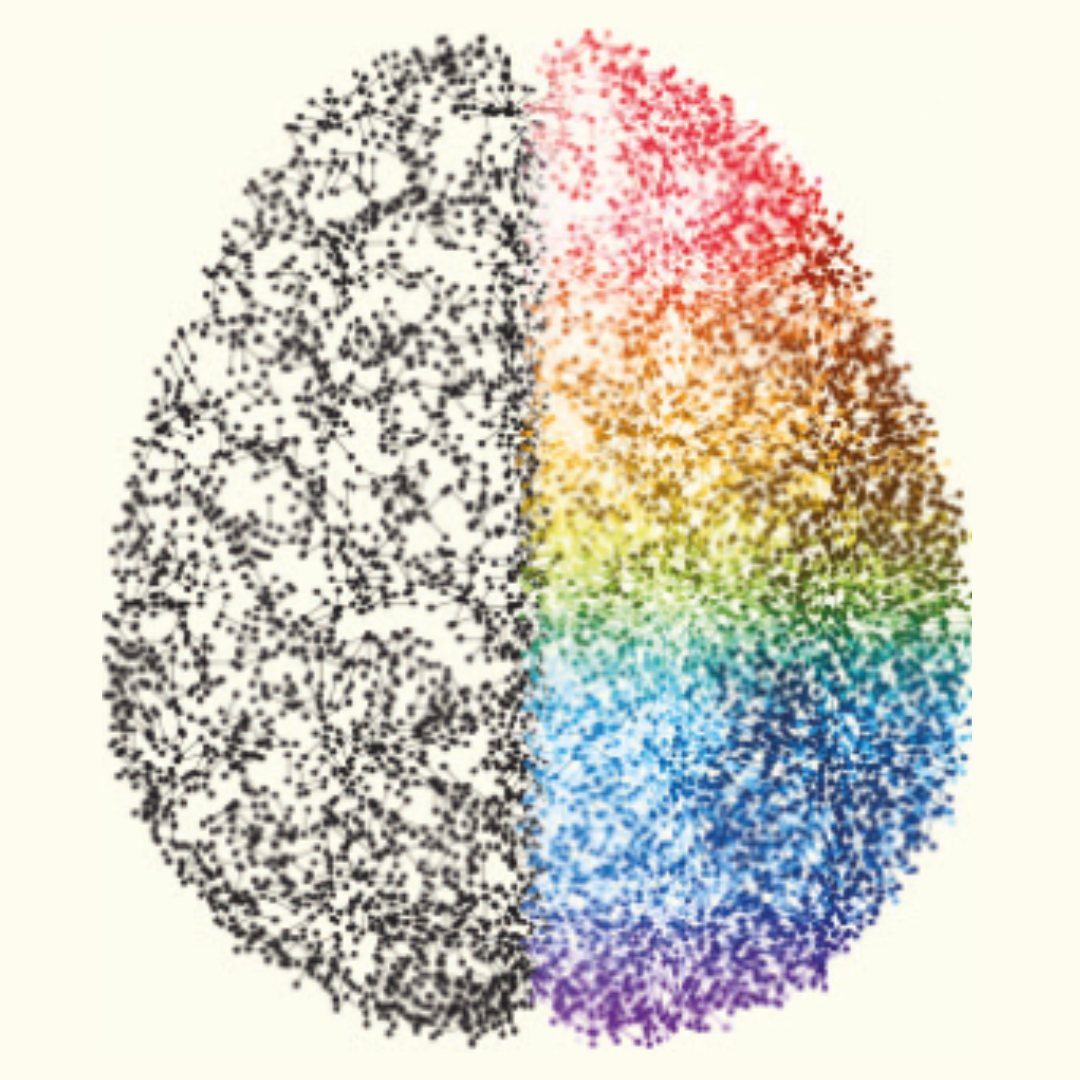Articles, blogs, news and thoughts
I was made redundant five months ago and I still don't have a job. Why? because most recruitment processes are not neuro-inclusive...
Since sitting in a redundancy meeting and hearing the words, "we have decided to make your role redundant," I have been job hunting. Scrolling job sites. Updating my CV. Making sure my portfolio is the best it can be. I naively thought, I wouldn't have this much of a problem finding a role that feels right for me. I have way more experience than I did two years ago, my portfolio demonstrates what I can do and even includes publishing a book (how many people can say that?!) and I have a few supportive former colleagues who have read through applications, offered advice over the phone and have generally been a lovely bunch. I thought I'm in a much better position than a lot of people, despite the devastating redundancy news and was thankful for that. My profession, communications can also be done entirely remotely. As long as I have a laptop and an internet connection, I can work from anywhere. I assumed this was an advantage and would open up a pool of opportunities further afield, that perviously to remote working becoming more accepted would have been inaccessible to me. But why won't anyone employ me?
Redundancy three months on - the neurodivergent burnout we don't talk about...
"I've been made redundant" are words I thought would never come out of my mouth (again), at least not when things seemed to be going so well. I know people say, "It's not you that's redundant, it's the position" but we make a position what it becomes. And for many of us that job is a big part of our lives and identity. A job gives us a routine and purpose, and for that to be suddenly taken away is tough. So, whether it's framed as you being redundant or "the position" - we still feel intense rejection, isolation and often confusion or disassociation. And these feelings are often heightened if like me you have ADHD.
EXCITING BOOK NEWS! MY JOURNEY TO UNDERSTANDING INCLUSION AND PUBLISHING “NEURODIVERSITY IN THE WORKPLACE”
Almost two and a half years ago, I was lost, confused, and didn’t know where or if I’d ever really “fit in” in at work. I’d worked as a youth worker for years, and had also trained as a journalist, and knew that writing was what I was good at, alongside being able to engage with the young people I worked with. Something, I often described as being my “only strength”. I have a strong sense of justice (literal words from an old school report) and so, would fight for the young people I worked with, to ensure they were supported, listened to and that they felt heard. I often felt under-appreciated by managers at work, and if I was given praise, it didn’t seem genuine. What does work mean for my neurodivergent brain I asked myself? I never found the answer. Until I did. I changed jobs in 2022, and physically felt the anxiety I had inside me from previous workplaces , relax. Almost as if it said, “You’re good now, My job is done. I think you’re going to like it here”. It was a strange feeling. Is this real? When is it going to go wrong? So far, it hasn’t gone wrong, although trauma responses still make me wait for the failure that I am sure is imminent, and will strike at any moment.



